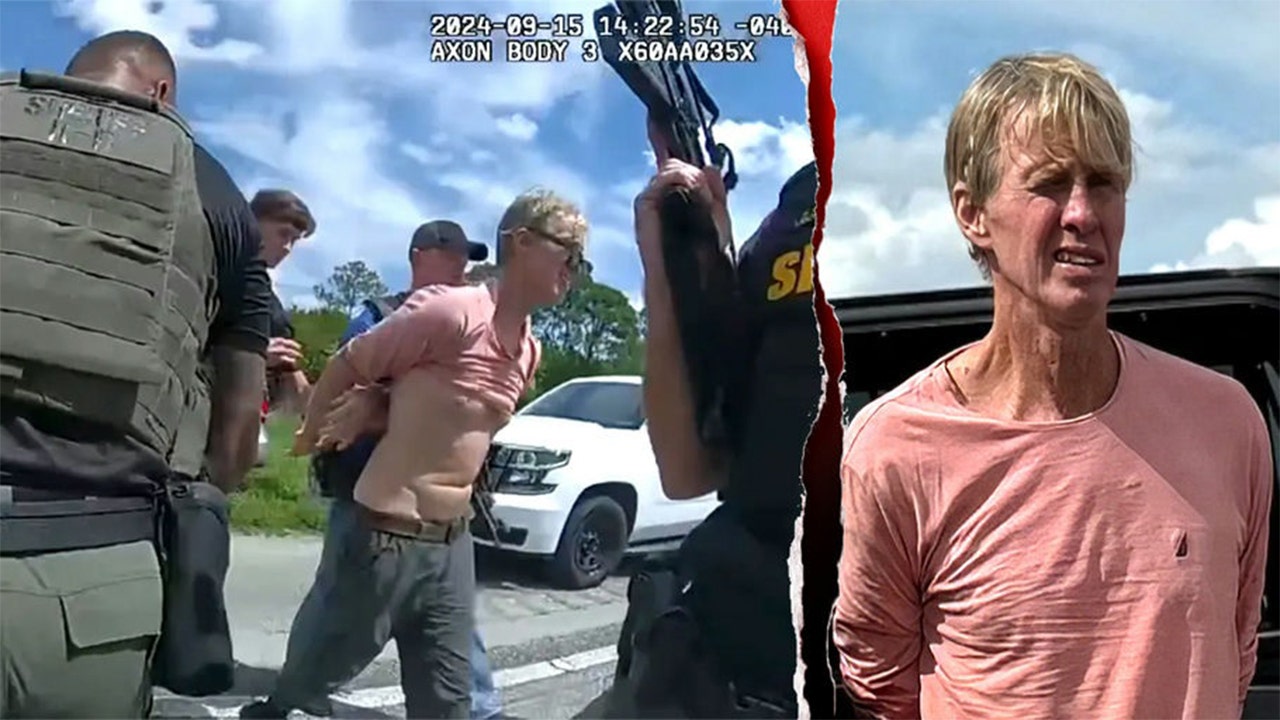Salvage crews on Sunday began removing containers from the deck of the cargo ship that crashed into and collapsed the Francis Scott Key Bridge in Baltimore, an important step toward the full reopening of one of the nation’s main shipping lanes.
The removal of the containers from the deck of the Dali would continue this week as weather permits, according to a statement from the Key Bridge Response Unified Command. Crews were progressing toward removing sections of the bridge that lie across the ship’s bow to eventually allow it to move, the statement said.
In total, 32 vessels have passed through temporary channels on either side of the wreckage, officials said.
BODY OF THIRD BALTIMORE BRIDGE COLLAPSE VICTIM RECOVERED, 3 STILL MISSING
“The Unified Command is concurrently progressing on its main lines of effort to remove enough debris to open the channel to larger commercial traffic,” U.S. Coast Guard Capt. David O’Connell said in the statement.
Response crews are seen removing shipping containers from the deck of the cargo ship Dali using a floating crane barge at the site of the Francis Scott Key Bridge on April 7, 2024, in Baltimore, Maryland. (Key Bridge Response 2024 Unified Command via AP)
The Dali has been trapped under mangled steel in the Patapsco River since it slammed into the bridge on March 26, killing six workers.
President Joe Biden took a helicopter tour Friday of the warped metal remains and the mass of construction and salvage equipment trying to clear the wreckage. The president also met for more than an hour with the families of those who died.
Eight workers — immigrants from Mexico, Guatemala, Honduras and El Salvador — were filling potholes on the bridge when it was hit and collapsed in the middle of the night. Two men were rescued and the bodies of three others were recovered in subsequent days. The search for the other victims continued.
Officials have established a temporary, alternate channel for vessels involved in clearing debris. The Army Corps of Engineers hopes to open a limited-access channel for barge container ships and some vessels moving cars and farm equipment by the end of April, and to restore normal capacity to Baltimore’s port by May 31, the White House said.
More than 50 salvage divers and 12 cranes are on site to help cut out sections of the bridge and remove them from the key waterway.




